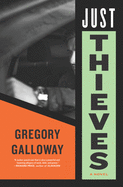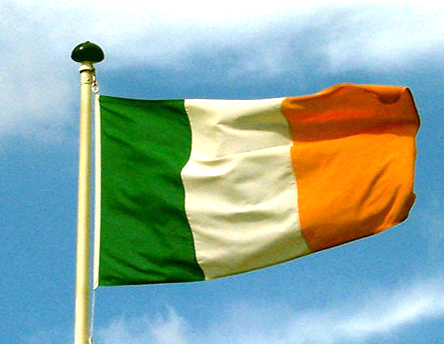 The book market in Ireland has continued to respond well despite the challenges posed by Covid-19, with sales of nonfiction and children's titles particularly solid. The Bookseller reported that by July 2020, "the market had bounced back to just a 1.8% drop in volume, and a 1.9% fall in value, against 2019 for the year to date. Just a few months before, the very idea of high street bookshops closing would have struck fear into the heart of any publishing or bookselling professional (and did), so evidence that print had not fallen into a black hole was cautiously welcomed."
The book market in Ireland has continued to respond well despite the challenges posed by Covid-19, with sales of nonfiction and children's titles particularly solid. The Bookseller reported that by July 2020, "the market had bounced back to just a 1.8% drop in volume, and a 1.9% fall in value, against 2019 for the year to date. Just a few months before, the very idea of high street bookshops closing would have struck fear into the heart of any publishing or bookselling professional (and did), so evidence that print had not fallen into a black hole was cautiously welcomed."
More than a year later, "with many more lockdowns and a double vaccination under our belts, things look very different," the Bookseller wrote. For 2021 to date, Ireland's book sales have jumped 14% in units and 15% in value year on year, with 6.4 million books sold for €75.3 million (about US$89 million), and even compared to 2019 sales are still up by double digits (12% in units and 13% in value).
The adult fiction category jumped by double-digit percentage points for the two weeks leading up to the announcement of restrictions in March 2020, and the category had more than recovered by the half-year, with sales 3% up against 2019, and sub-category general fiction up 9%. For 2021 to date, adult fiction has continued to climb, selling 1.7 million books for just under €19 million (about $22.5 million), rising 12% (in units) and 11% (in value) against 2020. The Bookseller noted that "Covid-19's second wave has meant Ireland has been in lockdown for much of 2021 so far, but the enduring growth of fiction sales points to a reading renaissance. (Let's keep in mind adult fiction is up 12% in volume year on year before Rooney's new title, Beautiful World, Where Are You, thunders into the charts in September.)"
Both nonfiction and children's books have grown more than adult fiction over the past year, with 2.1 million nonfiction books sold for €30.4 million (about $35.9 million), up 18% in units and 19% in value year on year, after sliding 3% in units and 1% in value for the same period in 2020. For 2021 to date, children's books are up 12% in volume to 2.3 million units sold, and by 12% in value to £20.3 million (about $24 million).
---
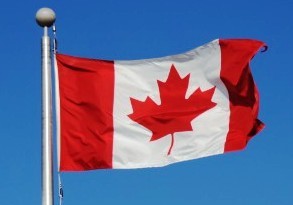 In August, BookNet Canada released On Diversity: A Survey of Canadian Readers 2021, sharing insights on acquisition, discoverability and readership of diverse books, as well as statistics regarding how readers feel about the publishing industry's efforts to become more diverse. Recently BookNet Canada revisited findings from its 2018 study, Demand for Diversity, alongside data from its most recent study, cautioning that "the methodology, questions and number of respondents of both studies are slightly different." Among the findings:
In August, BookNet Canada released On Diversity: A Survey of Canadian Readers 2021, sharing insights on acquisition, discoverability and readership of diverse books, as well as statistics regarding how readers feel about the publishing industry's efforts to become more diverse. Recently BookNet Canada revisited findings from its 2018 study, Demand for Diversity, alongside data from its most recent study, cautioning that "the methodology, questions and number of respondents of both studies are slightly different." Among the findings:
In the 2018 version of the study, BookNet Canada "gave respondents a definition of 'diverse books'--'books about or from the point of view of Black, Indigenous and/or people of color (BIPOC), LGBTQ+ people, people who are disabled or differently abled, religious minorities, and/or books by authors who identify as members of one or more of the listed groups.' In 2021, instead of providing a definition of what 'diverse books' are, we gave respondents a series of statements/definitions to choose from. The following are the top-selected statements (respondents could choose more than one option)":
- 73% of readers agreed with the statement "diverse books are books about perspectives, opinions, or stories that are different from your own"
- 66% of readers agreed with the statement "diverse books are books about a group or culture written by people from that group or culture"
- 65% of readers agreed with the statement "diverse books are books written by and about the lives of people from non-dominant groups"
In 2018, 31% of respondents said that if they had access to more diverse books they thought they would read more of them, while 46% of respondents were either "very interested" or "interested" in reading books by BIPOC authors. In 2021, 41% of respondents said that they feel that at least one dimension of their identity is not represented by the dominant group at least some of the time. And, of the total respondents, 17% said they had and 31% said they sometimes had read more diverse books in the previous year.
---
Upali Mishra, a Bengaluru, India, resident, "has been hosting a unique pop-up bookshop every weekend in the front yard of her house," the News Minute reported. A native of Odisha, she has been associated with Walking Book Fairs--started by Akshay Routaray and Satabdi Mishra to promote reading--for a year and has been operating a pop-up bookstore in the city's JP Nagar area since then.
"Prior to the opening of our bookstore in Bengaluru, we used to have pop-up stores on the streets of the city in JP Nagar itself. However, the shutters of the store in Bengaluru were closed when we were hit by the Covid-19 pandemic. Since then, I started opening the pop-up bookstore on weekends at my residence," she said. "Bengaluru has a plethora of independent bookstores and there are many books that are commonly available. We wanted to amplify as many diverse voices as we can. In my opinion, it's important to find voices in our communities, people who share the same experiences as us. We have turned a blind eye to large numbers of the Indian population and it's through reading we can find alternative perspectives and those are the books we want to promote."
---
Chinese architecture studio Wutopia Lab recently completed Tianya Books, located in the popular Tianya Haijiao beach in Hainan, the country's southernmost island province. Wallpaper* reported that "the bookstore's design is finely tuned to its site and responds to the commonly romanticized view of Tianya Haijiao beach as 'the end of the earth,' often found in Chinese folklore. Through Tianya Books, Wutopia Lab playfully creates a striking panoramic view of that 'edge of the world' and the South China Sea." --Robert Gray
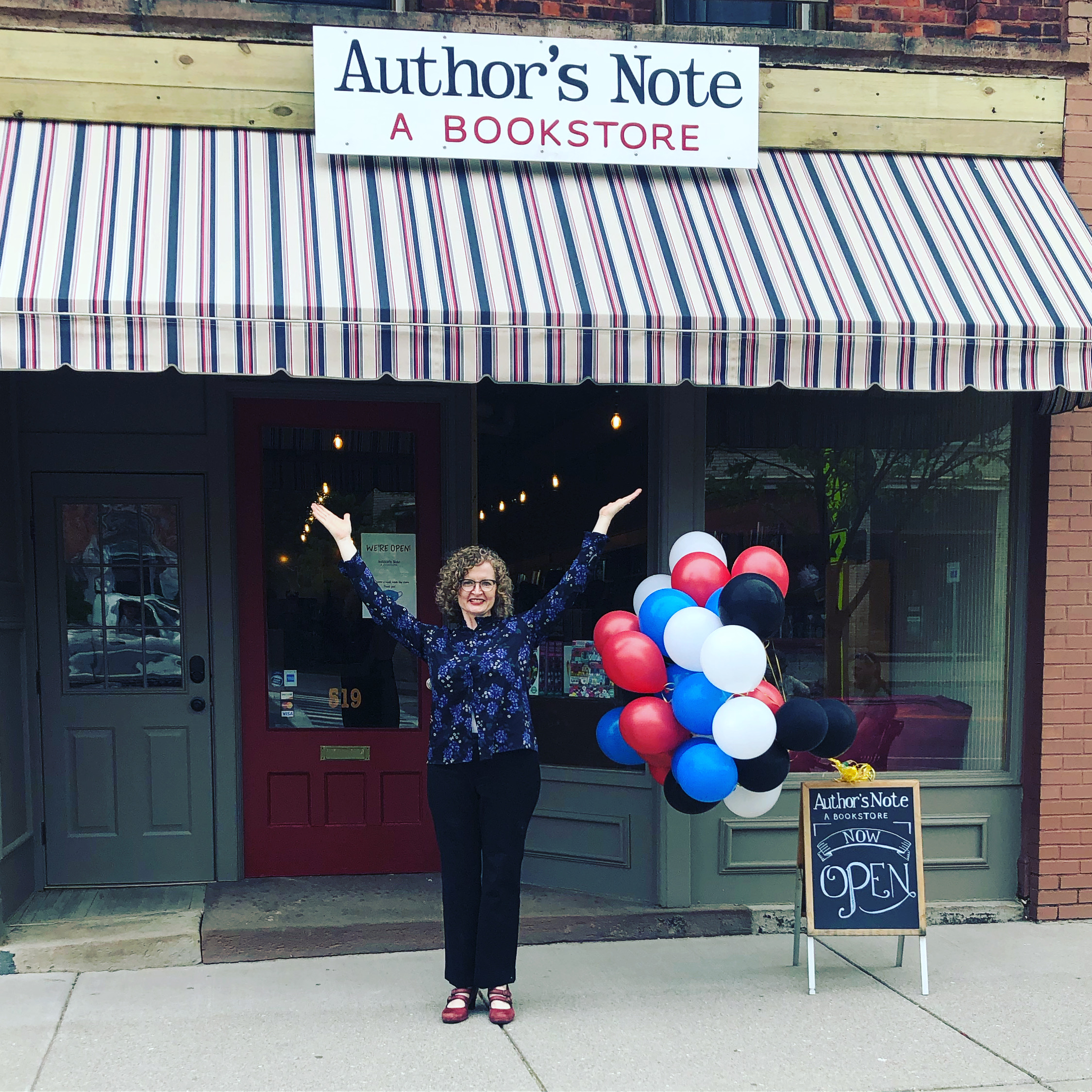 Author's Note: A Bookstore, Medina, N.Y., will hold its grand-opening celebration on Saturday, September 25; the festivities will include a ribbon-cutting ceremony, giveaways, refreshments and activities. The most important part of the day will be the unveiling of the newly renovated rear half of the store.
Author's Note: A Bookstore, Medina, N.Y., will hold its grand-opening celebration on Saturday, September 25; the festivities will include a ribbon-cutting ceremony, giveaways, refreshments and activities. The most important part of the day will be the unveiling of the newly renovated rear half of the store.








 Zibby Owens and Leigh Newman have formed
Zibby Owens and Leigh Newman have formed 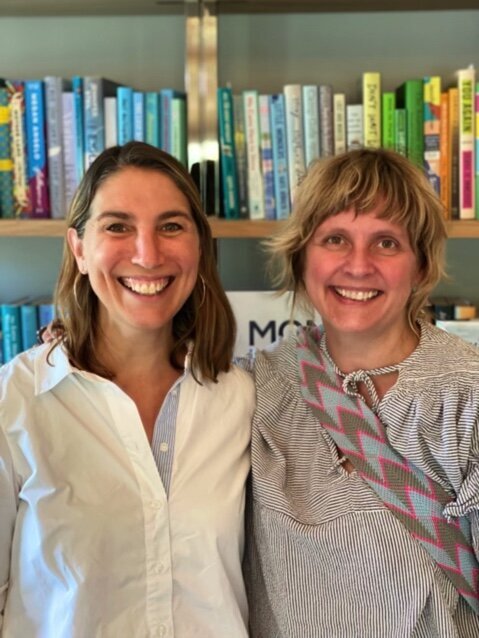

 The
The  The
The  The book market in Ireland has continued to respond well despite the challenges posed by Covid-19, with
The book market in Ireland has continued to respond well despite the challenges posed by Covid-19, with  In August, BookNet Canada
In August, BookNet Canada 
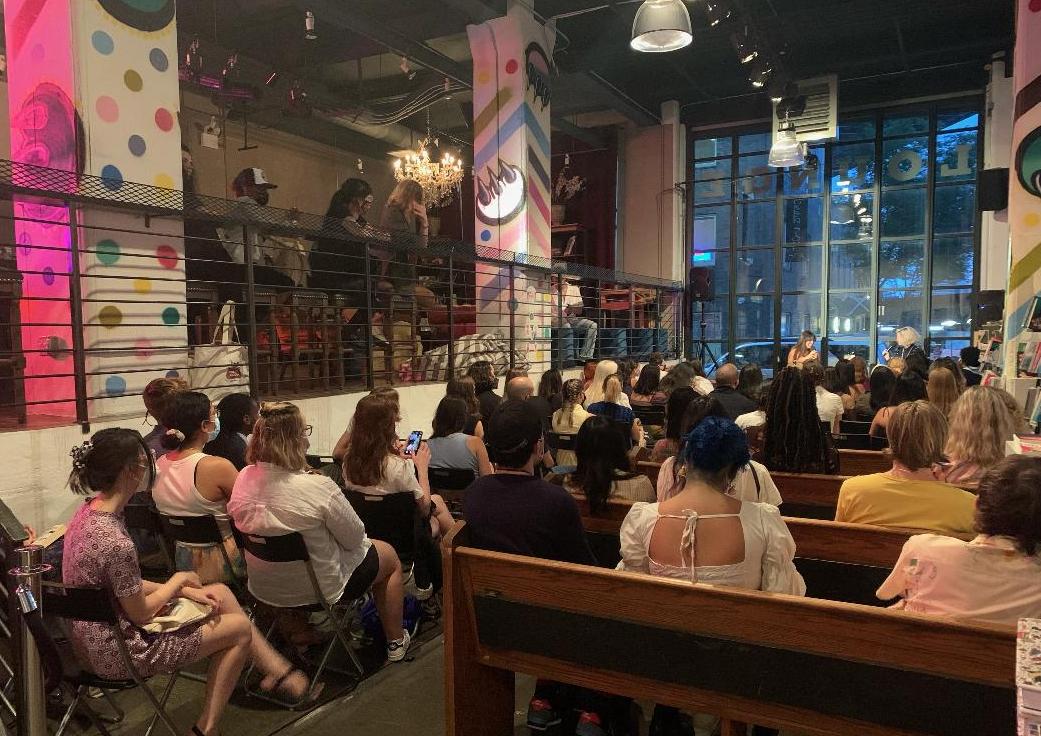 Last evening,
Last evening, 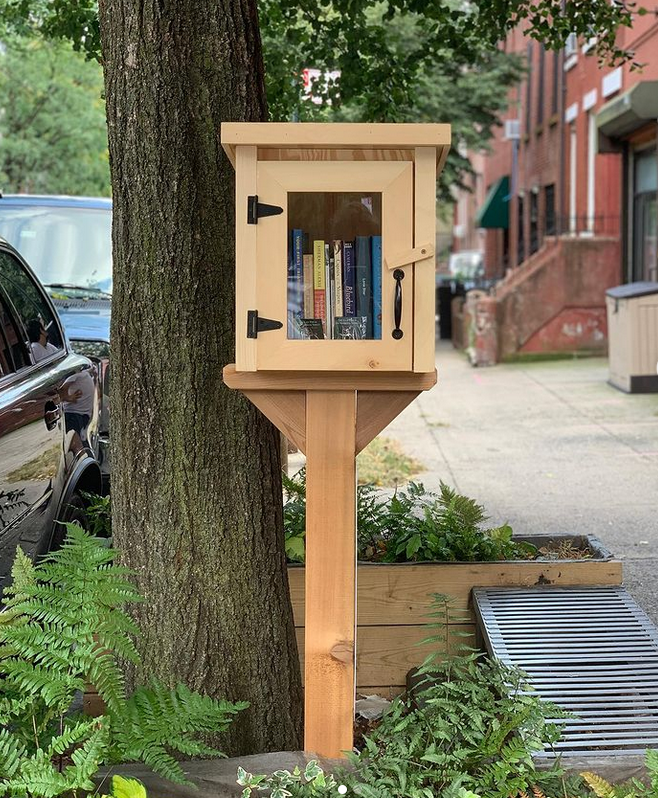 "She's here! Say hello to our
"She's here! Say hello to our 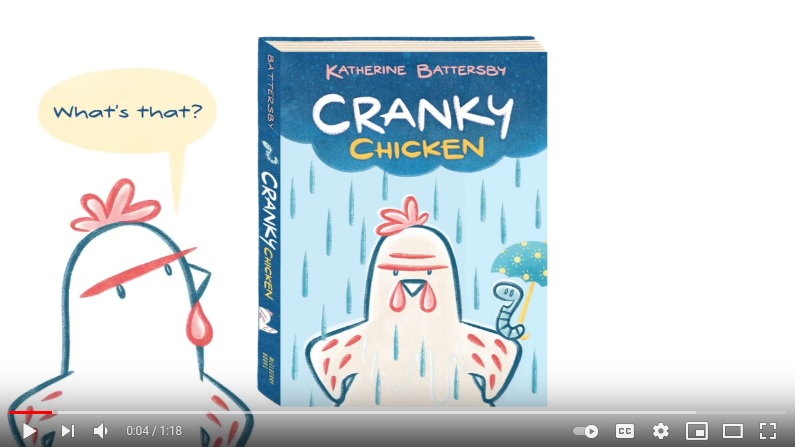 Cranky Chicken
Cranky Chicken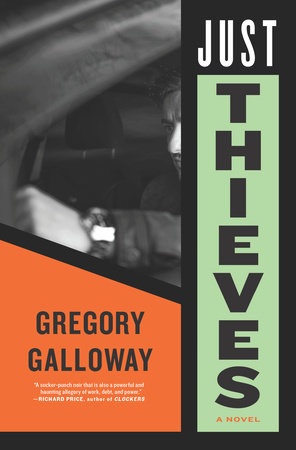 Surely the most famous MacGuffin in film noir appears in 1955's Kiss Me Deadly, in which the action revolves around a mysterious box whose contents ultimately prove to be of little importance to the story. Likewise, in Just Thieves, Gregory Galloway's spot-on throwback noir, a MacGuffin drives the action but will concern readers far less than the personal turmoil of the object's pursuers.
Surely the most famous MacGuffin in film noir appears in 1955's Kiss Me Deadly, in which the action revolves around a mysterious box whose contents ultimately prove to be of little importance to the story. Likewise, in Just Thieves, Gregory Galloway's spot-on throwback noir, a MacGuffin drives the action but will concern readers far less than the personal turmoil of the object's pursuers.